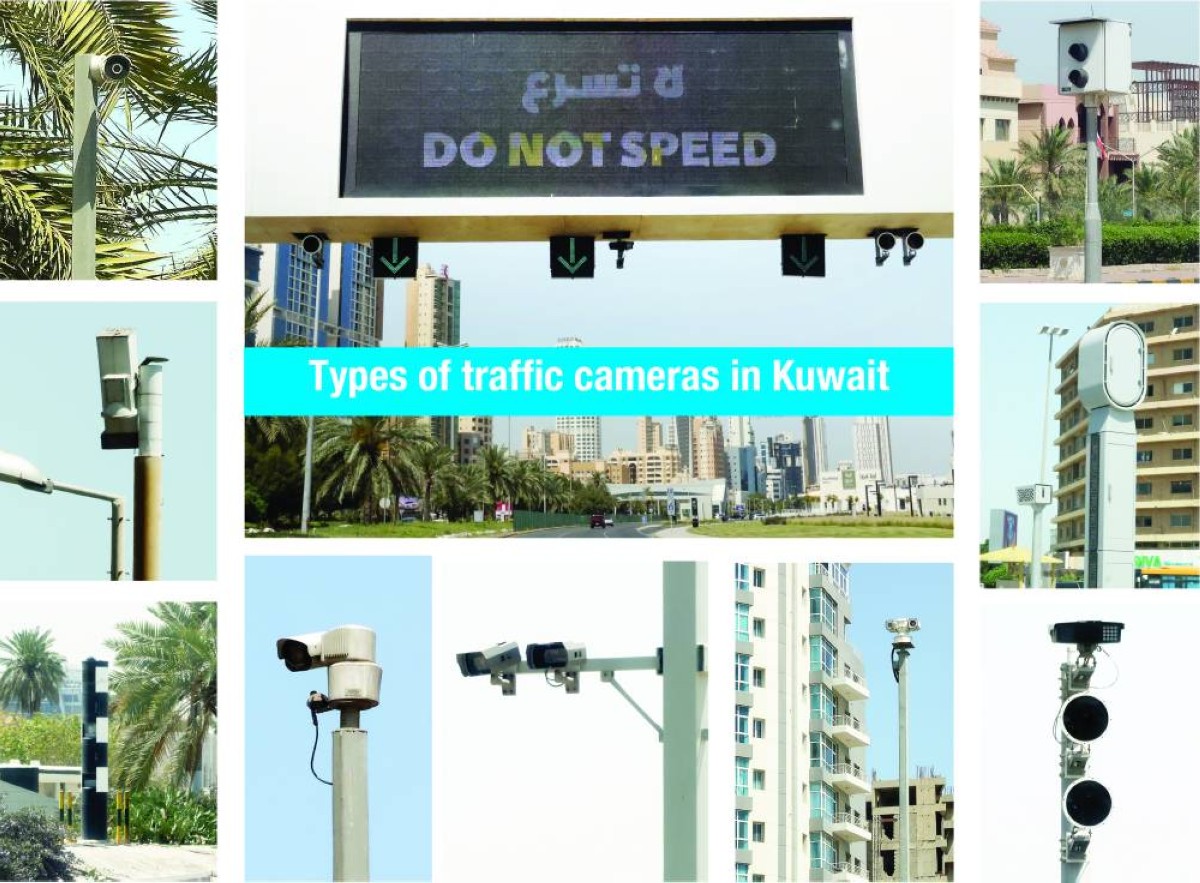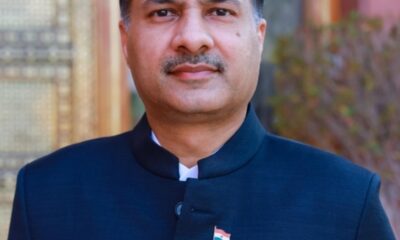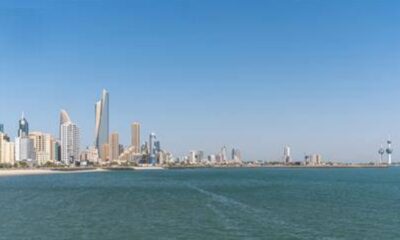By Dr Adarsh Swaika, Ambassador of India to Kuwait
On the special occasion of India’s 79th Independence Day, I extend my heartfelt greetings to all Indian nationals and persons of Indian origin residing in Kuwait. I also take this opportunity to convey my profound gratitude to the leadership, government and people of Kuwait for their steadfast support for close and friendly ties between our two countries. India remains committed to further strengthening and expanding this long-standing and time-tested relationship.
Today, as we celebrate 79 years since our Independence, we take pride in India’s many achievements during these 8 decades. Our commitment to equitable development has been the cornerstone of our socio-economic policies. The principles of democracy, pluralism, and unity in diversity are deeply embedded in Indian society, guided by the ancient philosophy of ‘Vasudhaiva Kutumbakam’ (the world is one family), which also shapes our foreign policy.
India today is a land of a billion opportunities, with a robust economy that has made significant strides despite global challenges in an uncertain geopolitical environment. India has recently become the 4th largest economy in the world and is poised to become the 3rd largest economy in the next couple of years. Our ‘Atmanirbhar’ program through the flagship ‘Make in India’ initiative is not only designed to make us self-reliant but become an integral part of global supply chains.
Today we are known in the world for many things – Pharmacy of the World, leader in space technology, delivery of digital solutions worldwide by our IT companies, thriving startup ecosystem with exponential increase in number of unicorns, innovation and technological advancements and so. The recent events have also established us as a reliable manufacturer and exporter of state-of-art defense equipments. There has never been a better time to invest in India, with unprecedented momentum in modernizing our physical and digital infrastructure. India has made significant improvements in the World Bank’s Ease of Doing Business rankings, the Global Innovation Index, and is recognized as a key driver of the global economy.
India has been resolute in its ‘Zero Tolerance’ approach towards terrorism. The resolute stance against cross-border terrorism taken by India recently through ‘Operation Sindoor’ in the wake of the horrific Pahalgam terror attack shows the determination of India to fight this menace through its ‘New Normal’ approach.
On the international stage, India continues to play a vital role in promoting global peace, stability, and prosperity. India has taken leadership role on global issues of relevance and concern, including reforming multilateral institutions like the UN Security Council and issues of climate change, affordable energy access, food security etc.
An epochal event in our bilateral relations with Kuwait was the long-awaited visit of Prime Minister of India Narendra Modi to Kuwait in December, 2024. The visit was historic in many respects – conferment of Kuwait’s highest honor of the ‘Order of Mubarak Al-Kabeer’ on Hon’ble Prime Minister by His Highness the Amir of Kuwait Sheikh Meshal Al-Ahmad Al-Jaber Al-Sabah and upgradation of our relationship to that of ‘Strategic Partnership’.
The back-to-back visits of Foreign Ministers of both countries prepared the agenda and successful outcomes of the high-level visit. Bilateral relations with Kuwait have become more broad-based in the last year with setting up of 7 new institutional mechanisms in areas of mutual interest. Bilateral trade and investments are growing and are expected to grow at a much greater pace. Our cultural connections resonate well with our Kuwaiti friends, and people-to-people contacts form the foundation of our bilateral relations. The Indian community continues to be the largest and the community of first preference in Kuwait.
The Indian Embassy considers the welfare and well-being of the Indian community in Kuwait, as over-riding priority, serving as a ‘Home Away from Home’. I take this opportunity to extend my sincere appreciation to Indian community associations, professional bodies, cultural groups, media representatives and all those who are making efforts to strengthen our bilateral relations with Kuwait in their own way and support the community members in distress.
On this proud and joyous occasion of India’s 79th Independence Day, I wish every Indian in Kuwait and all friends of India in Kuwait, success, good health and happiness.











